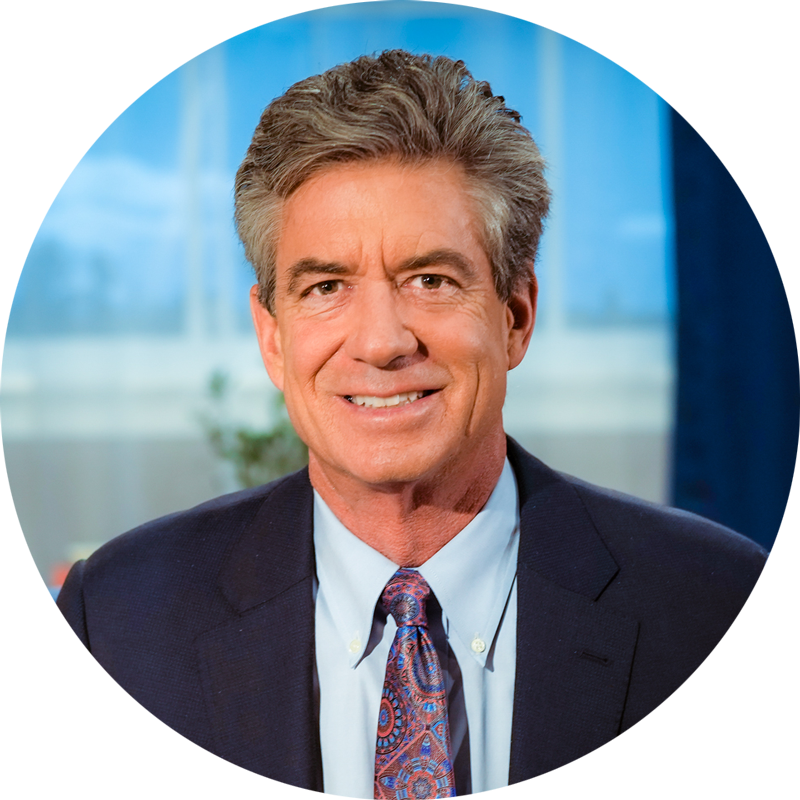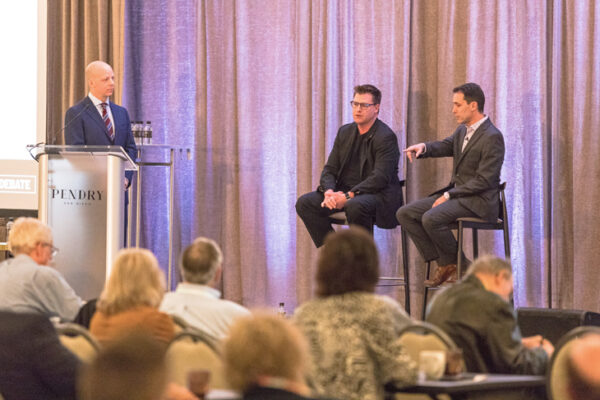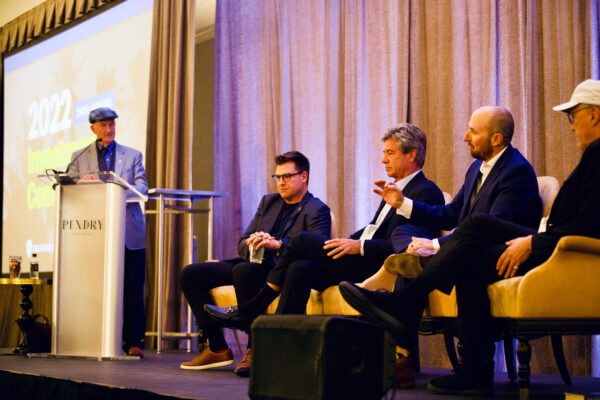What the Rich Are Doing… And Others Aren’t
- Average Americans are still struggling to regain what they lost during the recession, while the top 1% have gotten even wealthier.
- Today, Alexander Green explains what the rich are doing differently and how others can catch up.
The Wall Street Journal recently ran an interesting article under the headline “Historic Asset Boom Passes by Half of Families.”
It pointed out that the economic expansion of the last decade has created staggering new wealth – and a record number of millionaire households – but that roughly half of Americans have been left behind.
According to new figures released by the Federal Reserve, the bottom half of all U.S. households, as measured by net worth, have only just regained what they lost in the Great Recession. Adjusted for inflation, they actually have 32% less wealth than in 2003.
Yet the story is entirely different for the top 1% of households. They have more than twice as much as they did in 2003.
Is this because the economy is rigged, the system is broken and capitalism needs to be reformed?
No. There is a much simpler and more plausible explanation.
Let’s start with the Fed’s decision to slash short-term rates to zero during the financial crisis – and for years afterward.
Ultra-low rates made it cheaper for consumers, businesses and governments to borrow, which made it easier to spend, which goosed sales for corporations and boosted their bottom lines.
And when the bottom lines rise, so do share prices. That’s why those of us who invested avidly in stocks over the last decade have much to celebrate.
But it’s a different story for savers…
Microscopic interest rates meant putting your money in a bank account, money market fund, CD or T-bill guaranteed a negative return after inflation.
Faced with this prospect, you might think millions of Americans would put their money into higher-yielding stocks and bonds.
Nope. Surveys show that fewer Americans are invested in the stock market now – either directly or indirectly – than before the last economic downturn.
For these folks, the past decade has been one gigantic missed opportunity.
Not so for the one-percenters.
According to The Wall Street Journal, “More than 85% of the assets of the wealthiest 1% are in financial assets such as stocks, bonds or stakes in private companies.”
If you want to understand the real cause of economic inequality in this country, this is a good place to start.
Some of us are working, saving, investing and compounding. Others are not.
Why? There are several culprits here.
The first is the abysmal quality of public education. Students regularly graduate from high school – and even college – without understanding compound interest, adjustable-rate mortgages, retirement accounts or market economies.
They are financial illiterates.
It’s great that the major discount brokers now offer commission-free trading and Fidelity Investments offers equity funds with no minimums, no annual fees, no account costs whatsoever.
But if you don’t understand why we have a stock market or what a mutual fund is, they can’t help you reach your financial goals.
The second culprit is the mainstream media. Newspapers, magazines and television programs report incessantly on war, terrorism, crime, corruption, pollution, natural disasters and economic inequality.
There is virtually no attempt to leaven this with positive developments to create a balanced perspective.
You have to actually stop and remind yourself that the country is at peace. We enjoy the highest living standards in the nation’s history. Violent crime is in a long-term cycle of decline. Educational attainment has never been greater. And Americans’ projected life spans keep increasing with each passing year.
While we all face personal setbacks and frustrating issues at work and at home, most Americans live tranquil lives of peace and prosperity.
And – while I hate to break it to the gaggle of ambitious men and women running for public office – it’s not government that delivers that prosperity.
It’s human ingenuity, technology and capital markets.
Fortunately, it’s never been easier to be a calculated-risk taker.
With even a modest amount of money, an individual can open a discount brokerage account – or invest in no-load mutual funds – and own a piece of the world’s most successful businesses and share in their success.
That’s exactly what the one-percenters are doing. And their wealth is expanding.
Maybe the press should stop demonizing the folks who are doing things right and show everyone else how they can too?
[adzerk-get-ad zone="245143" size="4"]About Alexander Green
Alexander Green is the Chief Investment Strategist of The Oxford Club, the world’s largest financial fellowship. For 16 years, Alex worked as an investment advisor, research analyst and portfolio manager on Wall Street. After developing his extensive knowledge and achieving financial independence, he retired at the age of 43.
Since then, he has been living “the second half of his life.” He runs The Oxford Communiqué, one of the most highly regarded publications in the industry. He also operates three fast-paced trading services: The Momentum Alert, The Insider Alert and Oxford Microcap Trader. In addition, he writes for Liberty Through Wealth, a free daily e-letter focused on financial freedom.
Alex is also the author of four New York Times bestselling books: The Gone Fishin’ Portfolio: Get Wise, Get Wealthy… and Get On With Your Life; The Secret of Shelter Island: Money and What Matters; Beyond Wealth: The Road Map to a Rich Life; and An Embarrassment of Riches: Tapping Into the World’s Greatest Legacy of Wealth.






